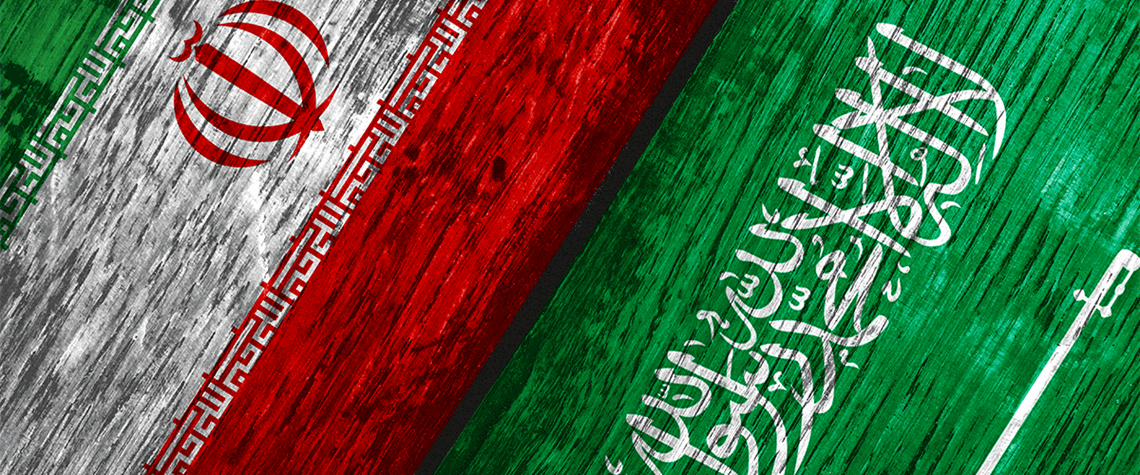Saudi-Iran deal first step to boosting regional oil security prospects
But there is less optimism on additional Iranian exports, and many near-term risks remain
The Chinese-brokered deal to restore relations between Saudi Arabia and Iran may not necessarily prevent regional conflict or unlock additional Iran crude, but analysts believe it improves the long-term security of Saudi oil installations. The move will certainly be remembered as Beijing’s first big breakthrough on the Middle Eastern diplomatic scene. But is also an attempt to safeguard its oil purchases, given that it buys a lot of crude from both Saudi Arabia and Iran—even if much of the volume from the latter is not included in official statistics due to sanctions relating to Tehran’s alleged nuclear weapons programme. As a result, much of Iran’s crude trade takes place on the grey market

Also in this section
17 February 2026
The 25th WPC Energy Congress, taking place in Riyadh, Saudi Arabia from 26–30 April 2026, will bring together leaders from the political, industrial, financial and technology sectors under the unifying theme “Pathways to an Energy Future for All”
17 February 2026
Siemens Energy has been active in the Kingdom for nearly a century, evolving over that time from a project-based foreign supplier to a locally operating multi-national company with its own domestic supply chain and workforce
17 February 2026
Eni’s chief operating officer for global natural resources, Guido Brusco, takes stock of the company’s key achievements over the past year, and what differentiates its strategy from those of its peers in the LNG sector and beyond
16 February 2026
As the third wave of global LNG arrives, Wood Mackenzie’s director for Europe gas and LNG, Tom Marzec-Manser, discusses with Petroleum Economist the outlook for Europe’s gas market in 2026







